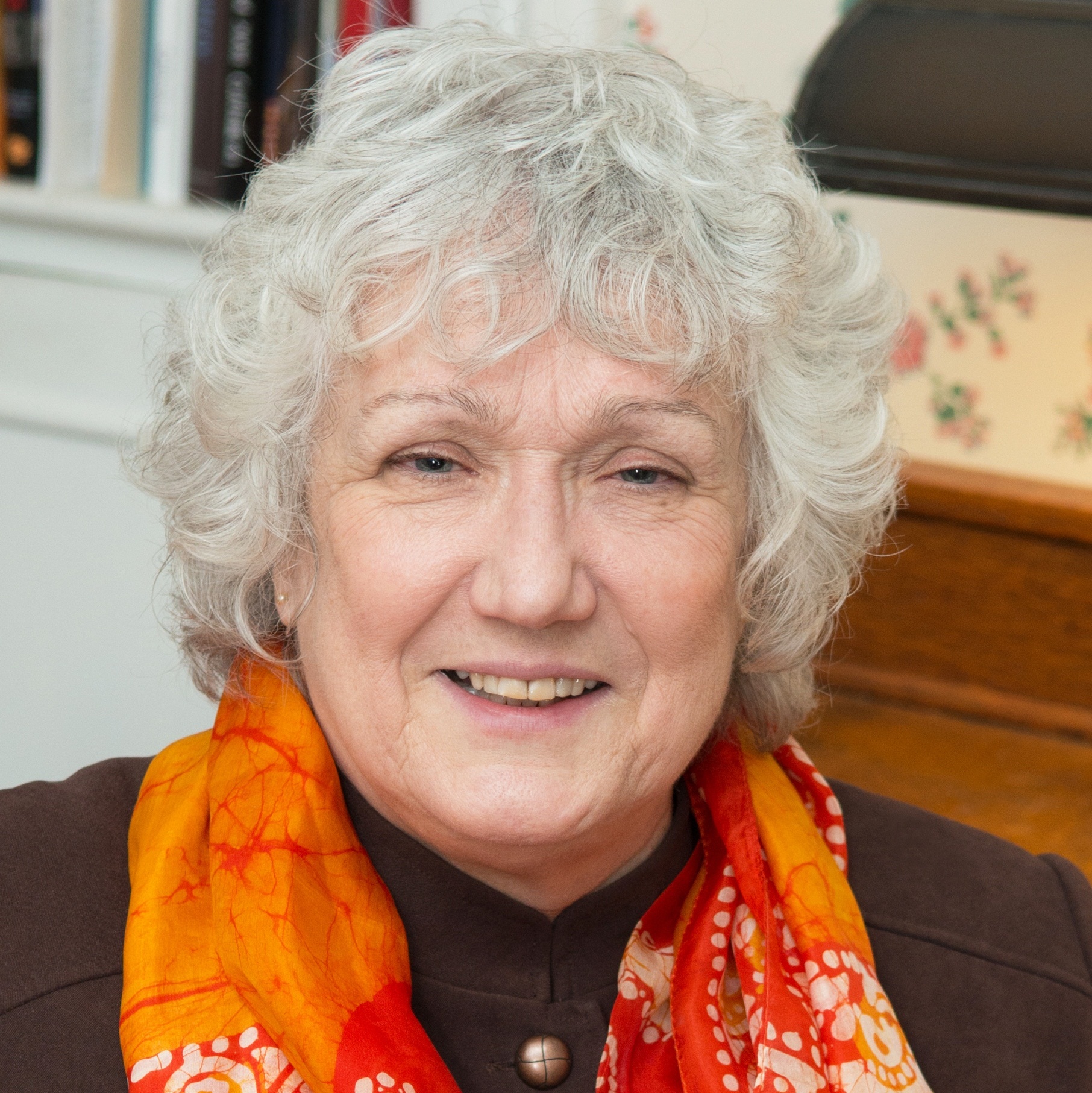- About Archives
- About SAA
- Careers
- Education
- Publications
- Advocacy
- Membership

Professional Experience: Director of Archives and Records Management Operations, New York State Archives, 2006–present; Chief of Archival Services, 2000–2006; Principal Archivist, Documentary Heritage Program, 1990–2000; Associate Archivist, Collections Management, 1985–1990; Archivist, 1979–1985.
Education: MLS, Archival Administration, Wayne State University, 1979; MA, History, Michigan State University, 1974; BA, History, Michigan State University, 1972.
Honors: SAA Fellow, 1993; SAA Council Award for Excellence, 2010; Centro de Estudios Puertorriquenos, Hunter College Award of Recognition, 2002; NY State Forum Best Practices Award for Digital Preservation, 2001.
Professional activity:
Leadership: Council of State Archivists (CoSA): President, 2004–2005; Board of Directors, 2001–2005. Society of American Archivists (SAA): Appointments Committee Chair, 2001 and 1996; Task Force on Diversity, 1997–1998; Nominating Committee, Chair, 1990; Program Committee, Deputy Chair, 1986–1987. Mid-Atlantic Archives Conference (MARAC): Steering Committee, 1987–1988.
Advocacy: SAA: Government Affairs Working Group, 2008–present. CoSA-SAA-NAGARA: Task Force on Federal Funding/PAHR, 2007–present; CoSA and SAA Archival Advocacy Workshop, 2010–present; Archives Leadership Institute session, 2012, 2013; Keynotes at MARAC, Society of Georgia Archivists/Society of South Carolina Archivists, Best Practices Exchange, 2010; articles on advocacy in several publications.
Description and Access: Author of SAA Fundamentals manual: Arranging and Describing Archives and Manuscripts and numerous articles. SAA: Committee on Archival Information Exchange, Chair, 1990–1992; Member, 1988–1994. American Library Association: MARBI Committee Liaison, 1989–1991; Description Section, Chair, 1985–1986.
Education and training: Georgia Archives Institute: Instructor, 2012. Historic Black Colleges and Universities Institute: Instructor, 2000–2004. CoSA: Basics of Archives online course: Co-developer 2000–2002; National Forum on Archival Continuing Education, Chair, 2000. SAA: Committee on Education and Professional Development, 1997–1999, Chair, 1998. MARAC: Education Committee, 1985–1987.
* * *
Question posed by Nominating Committee: How well positioned do you think SAA is to serve the needs of its members in the 21st century? What are its key strengths and weakness? As President, what would you do to address those weaknesses?
If catch phrases like “information is power” are accurate, SAA ought to be in a strong position to serve many interests of its members. Characteristic of a profession of researchers and contextualizers, SAA has compiled considerable information that reflects both fact and opinion on our needs now and in the future. A quick tour through the SAA website includes information provided formally through the Annual Meetings Task Force, the A*Census, or by various SAA groups, roundtables, and student chapters who are active and vocal, as well as increasing social media options, such as President Jackie Dooley’s “Off the Record” blog. And there are many individual blogs, Facebook pages, “tweets”, listservs and sessions, conversations, and other venues where we gather and talk about “the profession”.
The challenge of meeting the range of interests and best utilizing our archival assets is complicated, however. We must continue addressing issues relating to standards, practices, training, or annual meetings that professional organizations often face. However, as SAA, we need to clearly define the critical role and value of archives in society. We must focus on ensuring that we can articulate those contributions, and are able to use and in fact create opportunities to stress the essential nature of our profession to resource allocators and key stakeholders, to a plethora of users, to government and business leaders, and to the American public in general. We talk about having an “elevator speech”—but the time has come to stop kicking our heels in an elevator lobby waiting for the doors to open so we can snatch a minute to explain archives.
The president must be the advocate-in-chief for our profession, leading us all in relentlessly pressing that elevator call button to open a range of opportunities to stress the value of archives. This involves working with various SAA groups, leadership, and individual members to target the most critical audiences and find opportunities and options for raising awareness and demonstrating the importance of archives. Getting that message across will help put us “at the table” for many discussions, decisions, and actions that will ultimately affect our ability to function whether individually or as a profession. In other words, if we can’t even get on the elevator, we have no chance to participate in the conversation.
It is an absolute joy and privilege to be part of a profession that can change lives, alter the path of policy, affect the economy, capture the minds of students, promote insight and understanding, and provide the information infrastructure for democracy. It’s time we let others know that this is what archives and archivists do.